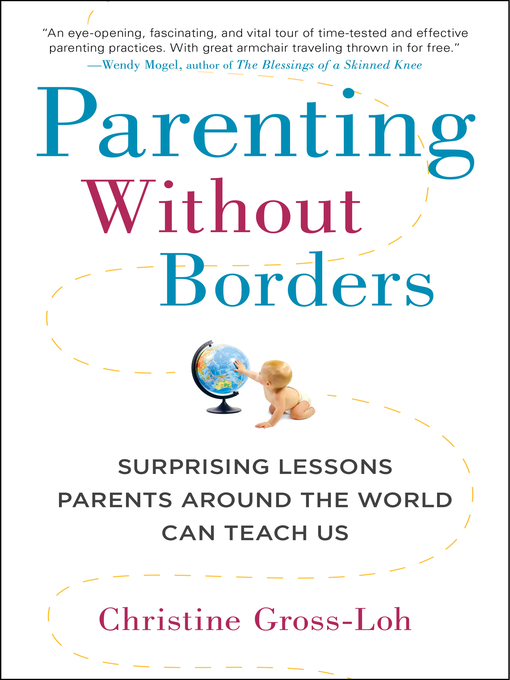Research reveals that American kids lag behind in academic achievement, happiness, and wellness. Christine Gross-Loh exposes culturally determined norms we have about “good parenting,” and asks, Are there parenting strategies other countries are getting right that we are not? This book takes us across the globe and examines how parents successfully foster resilience, creativity, independence, and academic excellence in their children. Illuminating the surprising ways in which culture shapes our parenting practices, Gross-Loh offers objective, research-based insight such as:
- New eBook additions
- New kids additions
- New teen additions
- Most popular
- Try something different
- See all ebooks collections
- Available now
- New Audiobook additions
- New kids additions
- New teen additions
- Most popular
- Try something different
- Audiobooks for the Whole Family
- See all audiobooks collections

